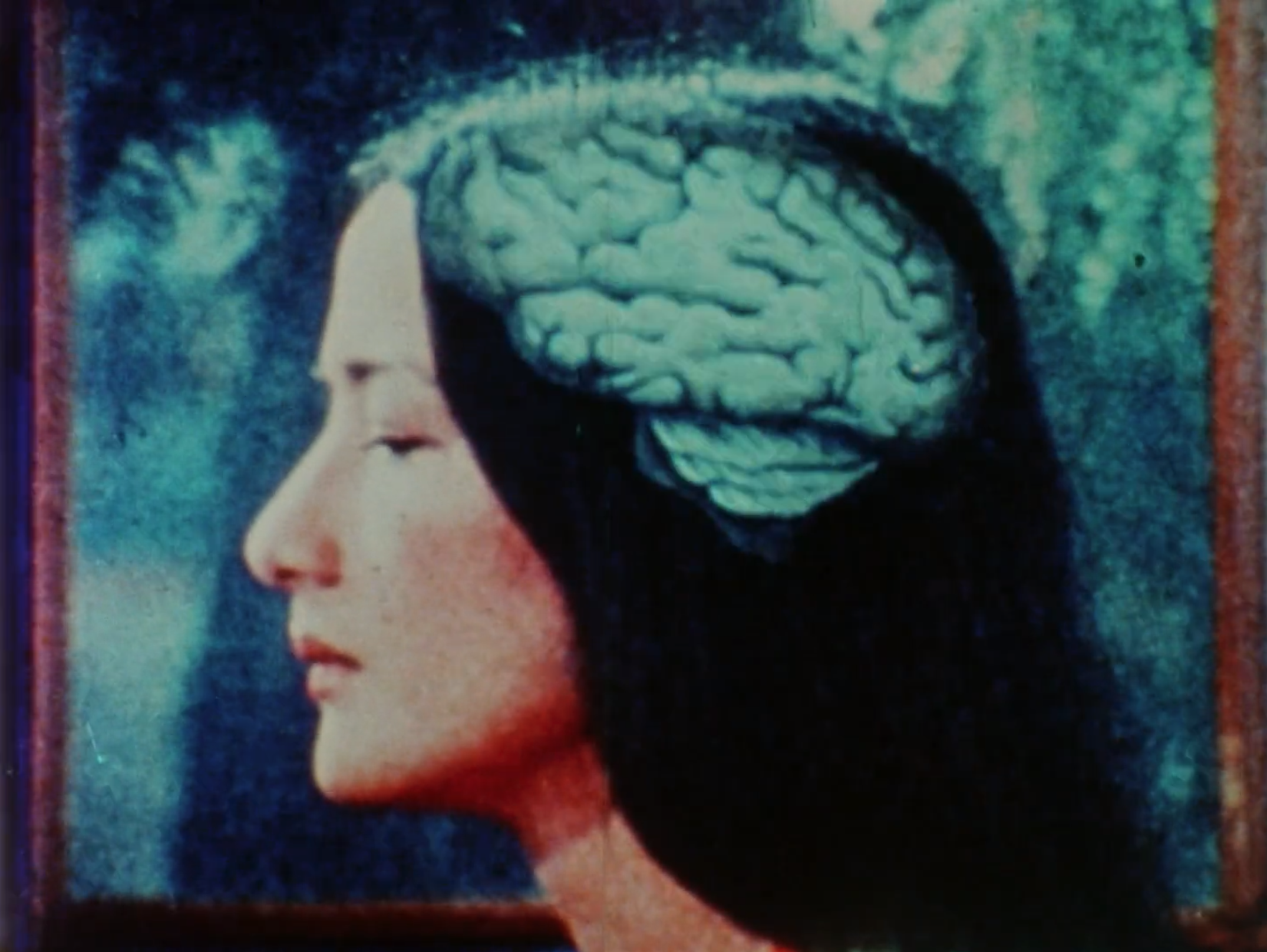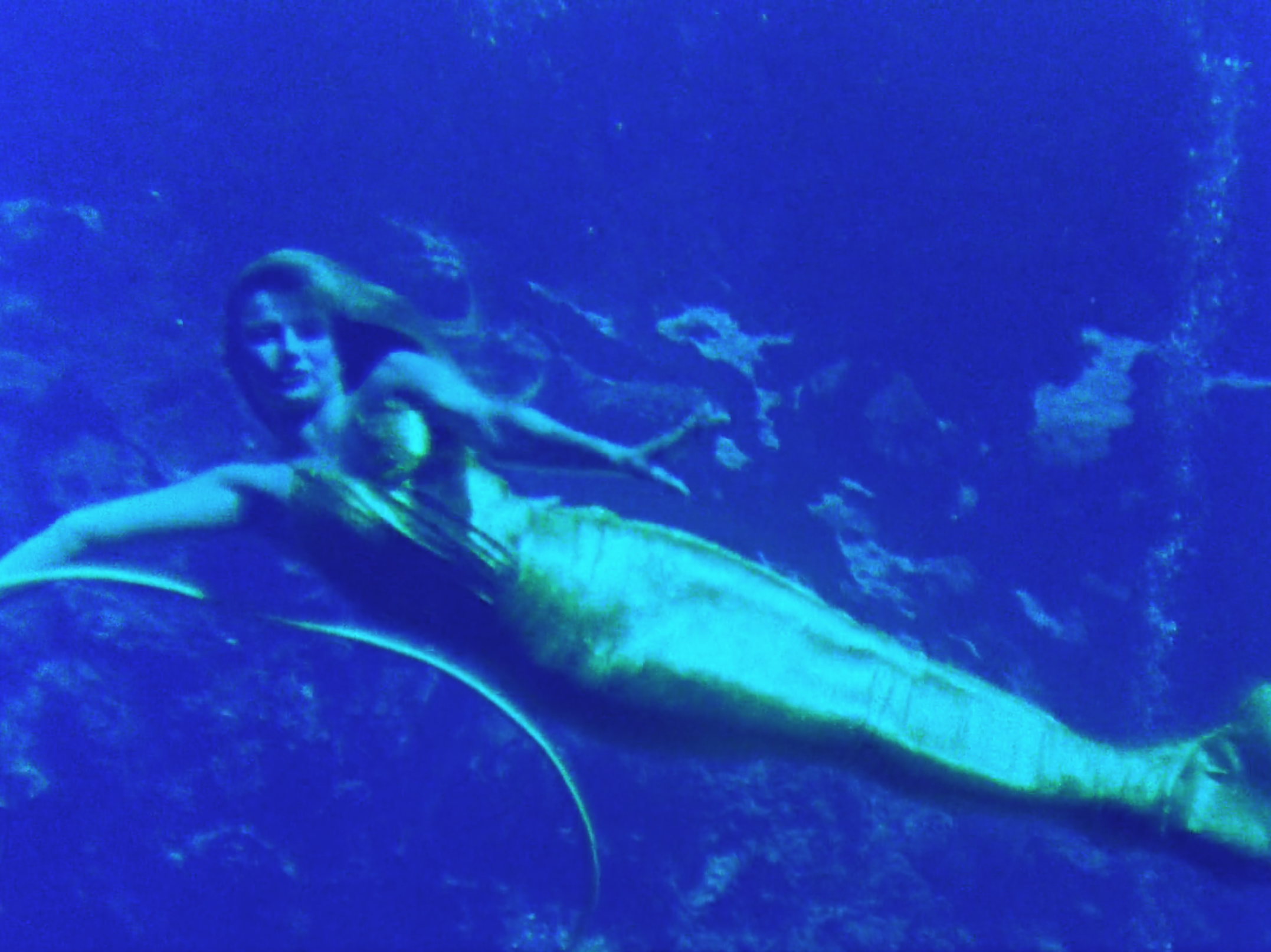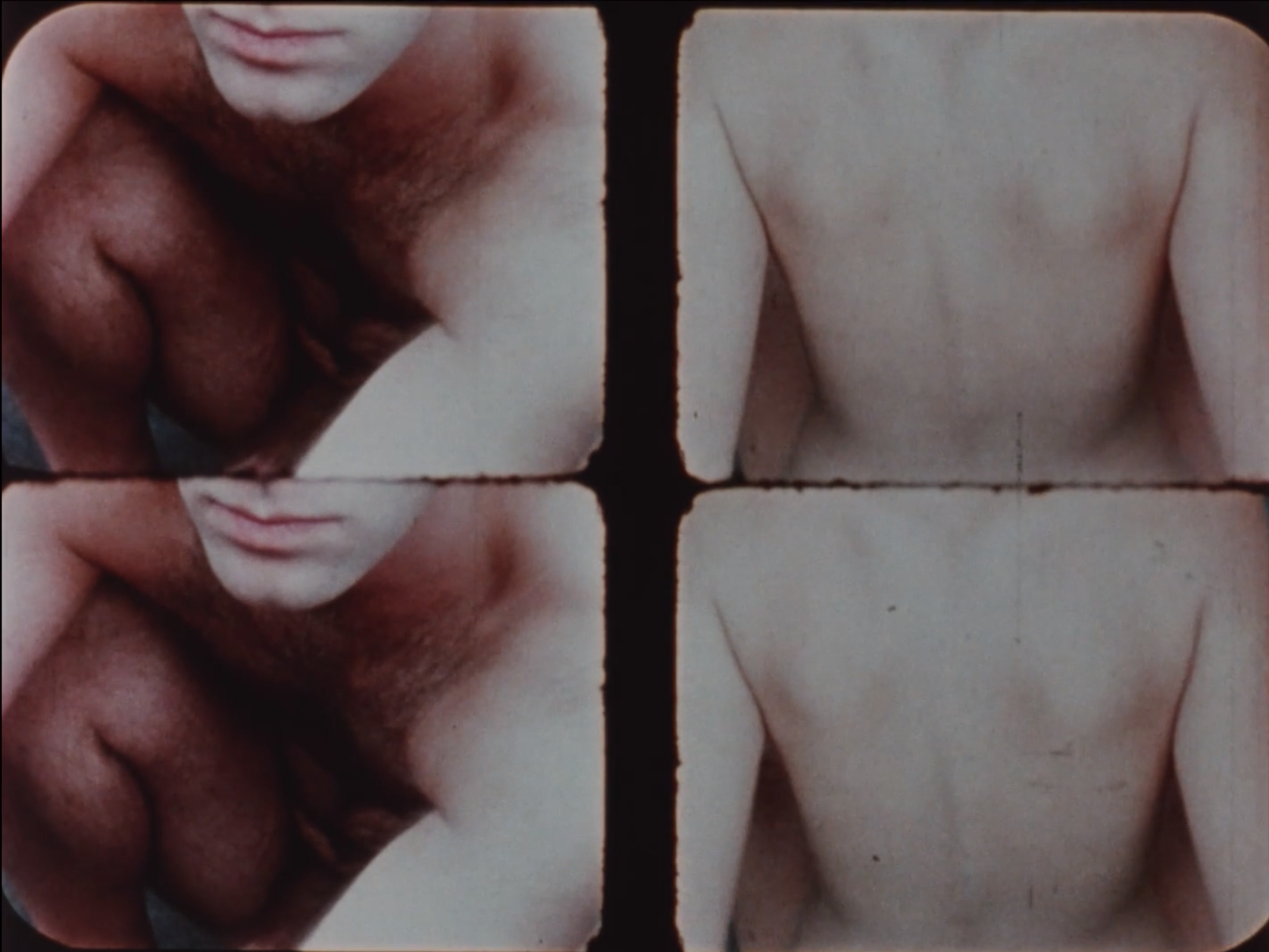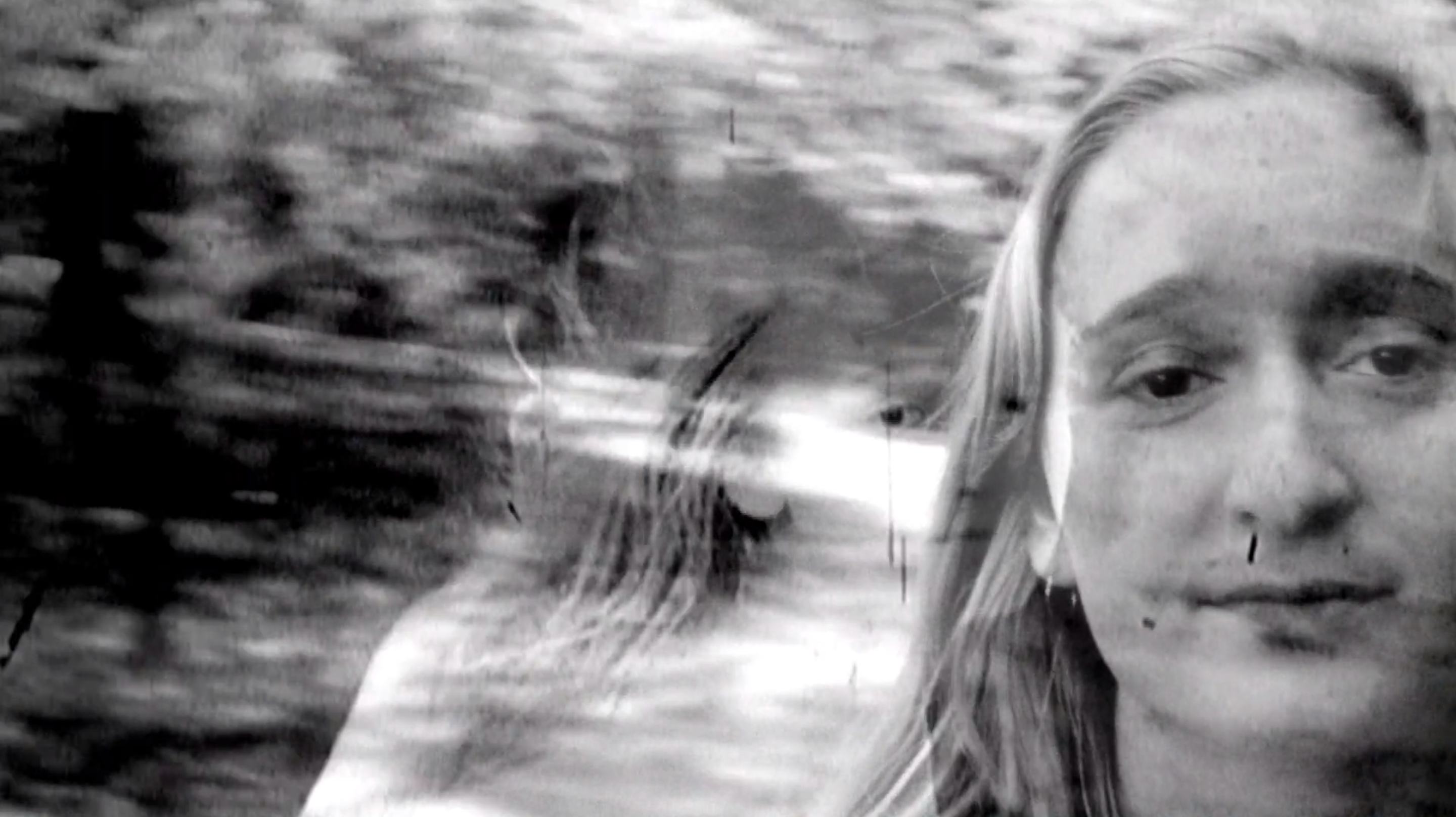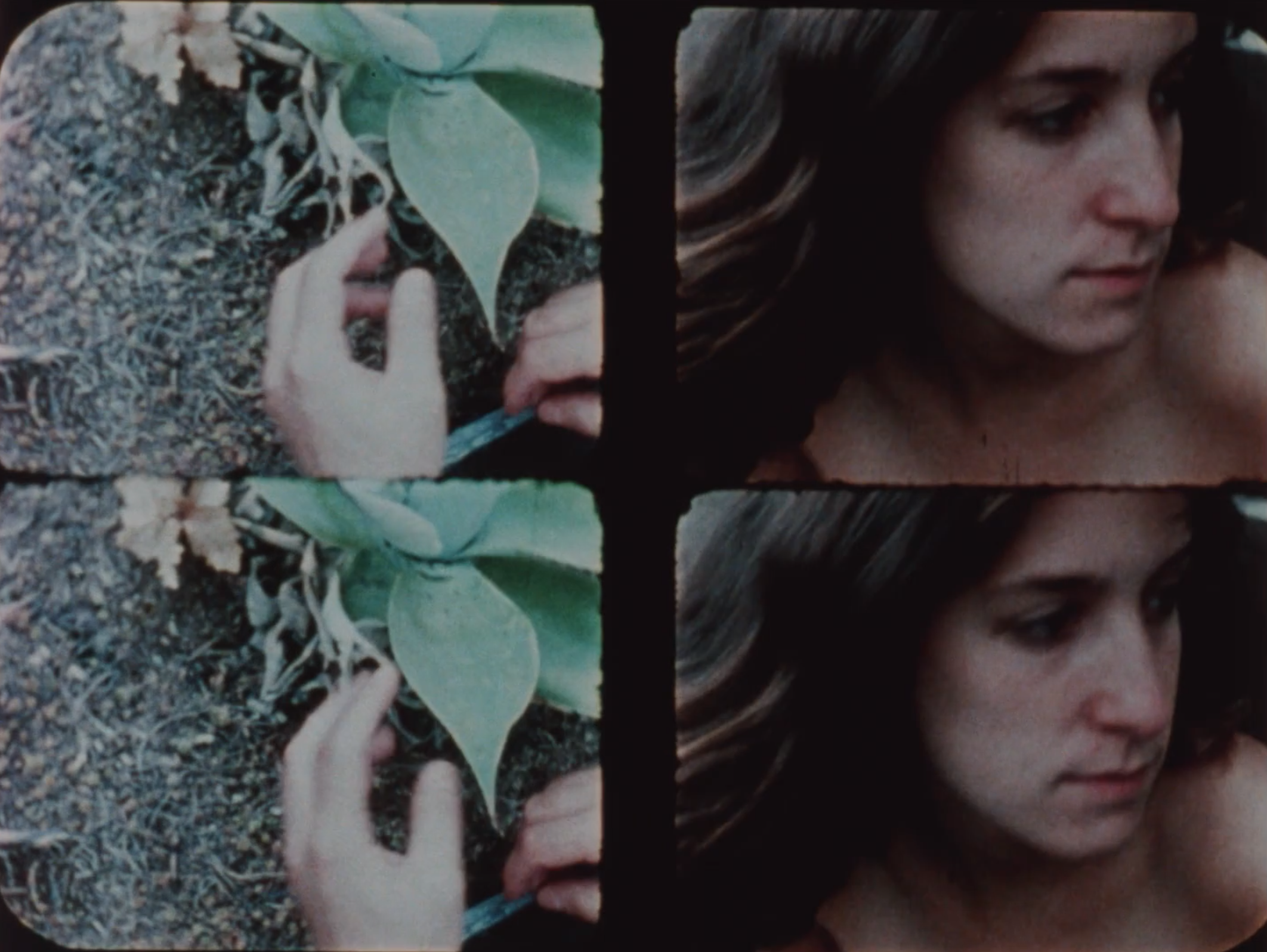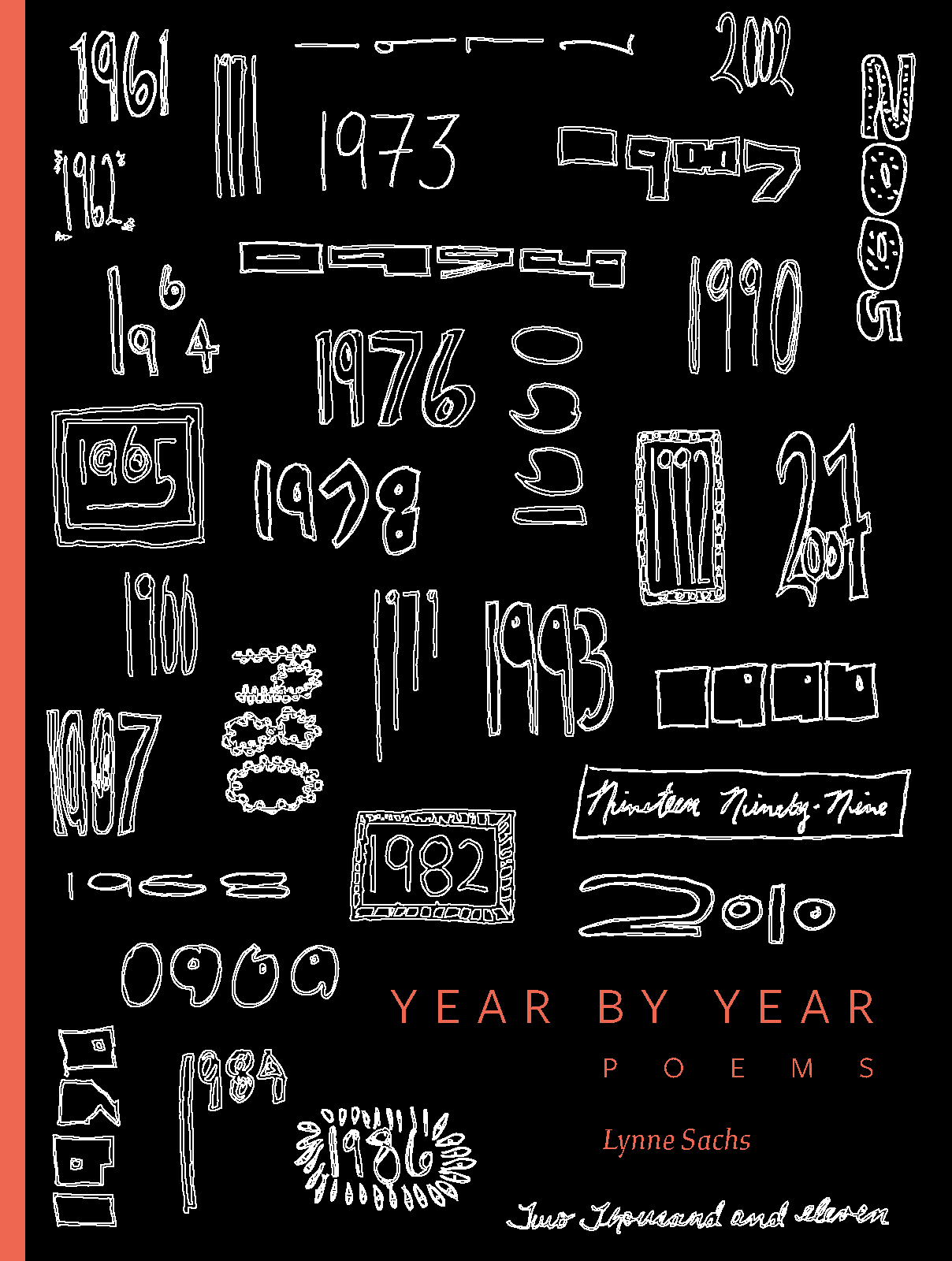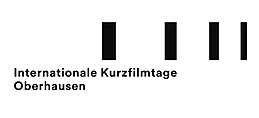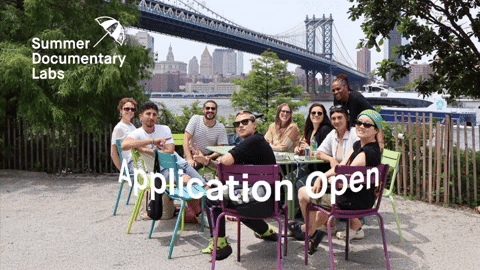ARTISTIC DIFFERENCES is back with Internationale Kurzfilmtage Oberhausen this April to present BODY OF THE BODY, BODY OF THE MIND.
Co-curator Cíntia Gil has assembled a mini-retrospective at this year’s festival on one of our longtime collaborators, the beloved and brilliant Lynne Sachs. We’re delighted to focus on one of these three programs for an upcoming Study Group on April 15th from noon-2:30PM Est.
The title of this retrospective and program quotes Lynne Sachs in her 1991 film The House of Science: A Museum of False Facts. It speaks of a zone of experimentation that crosses Sachs’ work and grounds filmmaking as a practice of dislocating words, gestures and modes of being into open ontologies. What can be a woman, a word, a color, a shade, a line, a rule or an object? The negotiation between the body of the body and the body of the mind is another way of saying that things exist both as affections and as processes of meaning, and that filmmaking is the art of not choosing sides in that equation. That is why Sachs’ work is inseparable from the events of life, while being resolutely non-biographical. It is a circular, dynamic practice of translation and reconnection of what appears to be separated.
There are many ways of approaching Lynne Sachs’ full body of work, and many different programmes would have been possible for this retrospective. Films resonate among each other. Like threads, themes link different times. Repetition and transformation are a constant obsession in the way images, places, people and ideas are revisited. While looking for an angle for this programme, we tried to look at some of the lines that seem to us the most constant, even if sometimes subterraneous, throughout the films. The three programmes are not systematically bounding themes and building typologies. They are three different doors to the same arena where body (and the ‘in-between’ bodies) is the main ‘topos’: translation, collaboration, and inseparability of the affective and the political. Yet, none of these terms seems to truly speak of what’s at stake here.
Lynne Sachs knows about the impotency problem of words and concepts, about the difference between the synchronicity of life and the linearity of discourse. She also knows that words can be both symptoms and demiurgic actors. That is maybe why she wrote poems, and that is why this programme was inspired by her book, “Year By Year Poems” – can learn more and get your copy here.
Sign up for the Study Group to join this dialogue and ever-growing international community!


